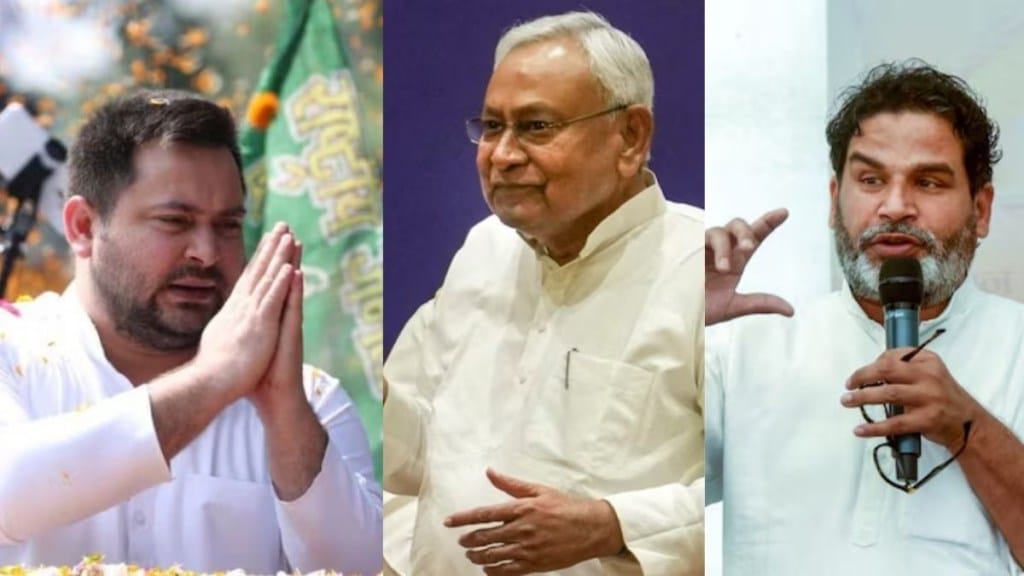Bihar Election Dates: The Election Commission of India (ECI) has announced the dates for Bihar poll, setting the ground for the year’s biggest electoral battle. The voting will take place in two phases on November 6 and 11, and the results will be declared on November 14, 2025.
With the announcement, the Model Code of Conduct (MCC) gets enforced in the entire state and the ECI will become the prime observer in Bihar throughout the elections.
The election date(s) announcement has set the deadline for various events that will take place during the poll period in Bihar, like the filing of nominations, withdrawal of nominations, campaigns and more. However, the MCC will be in place to restrict political parties, and even the state government from doing certain things that the top poll panel believes can have an impact on the polls directly.
Model Code of Conduct
The Model Code of Conduct is a set of guidelines issued by the Election Commission, every time it announces an election – be it Assembly polls, General elections or municipal elections.
Under this, the government refrained from making any announcement of scheme, ground breaking ceremony, project launch etc. Any kind of launch or inauguration is also prohibited once the MCC is in place in the state. The CM Nitish Kumar government cannot launch any populist policy throughout this period.
The government bodies are also not allowed to participate in any of recruitment process – advertisement, results or anything during the MCC period in the region.
The ECI’s code of control also ensures that a candidate’s rally or campaign does not stop the rival to do the same in a particular area or region. The political parties and candidates can approach the ECI with complaint if they find any violation of the MCC, and the poll panel has to act in a prescribed time limit on the complaint.
8 Key provisions of MCC
- General Conduct: This mandates the candidates refrain from creating or making hateful remarks that can lead to enmity between any sections of the society based on caste, religion, linguistic or any other ground. It also prohibits bribing the voters, faking voters or organising meetings “during the period of 48 hours ending with the hour fixed for the close of the poll”.
- Meetings: Under the MCC, the political parties and their candidates are bound to inform the local police authorities of their programme and venue in time to ensure proper arrangements are in place.
- Procession: Advance intimation has to be there for any procession by a party of candidate and the same cannot be changed once the permission has been granted. If two parties’ or candidates’ procession route coincide, they should decide in advance to resolve the same.
- Polling Day: All political parties and candidates have to abide by the law and coordinate with election officials on the day of polls. No serving of liquor is allowed at the polling booths and the display of any posters, flags, symbols or any other propaganda material is also prohibited.
- Polling Booth: Except the voters, as per the MCC, no one without a valid pass from the Election Commission shall enter the polling booths.
- Observers: The Election Commission appoints Observers and if the candidates or their agents have any specific complaint or problem regarding the conduct of elections they may bring the same to the notice of the Observer.
- Party in Power: The ECI states that the party at the Centre or in the State or States concerned, will have to ensure that no cause is given for any complaint that it has used its official position for the purposes of its election campaign in any manner.
- Guidelines on Election Manifestos: The MCC lays down detailed guidelines for the election manifestos that parties publish before the elections. It mandates that parties must not make promises that attempt to vitiate the purity of the election process or exert undue influence on the voters in exercising their franchise.
